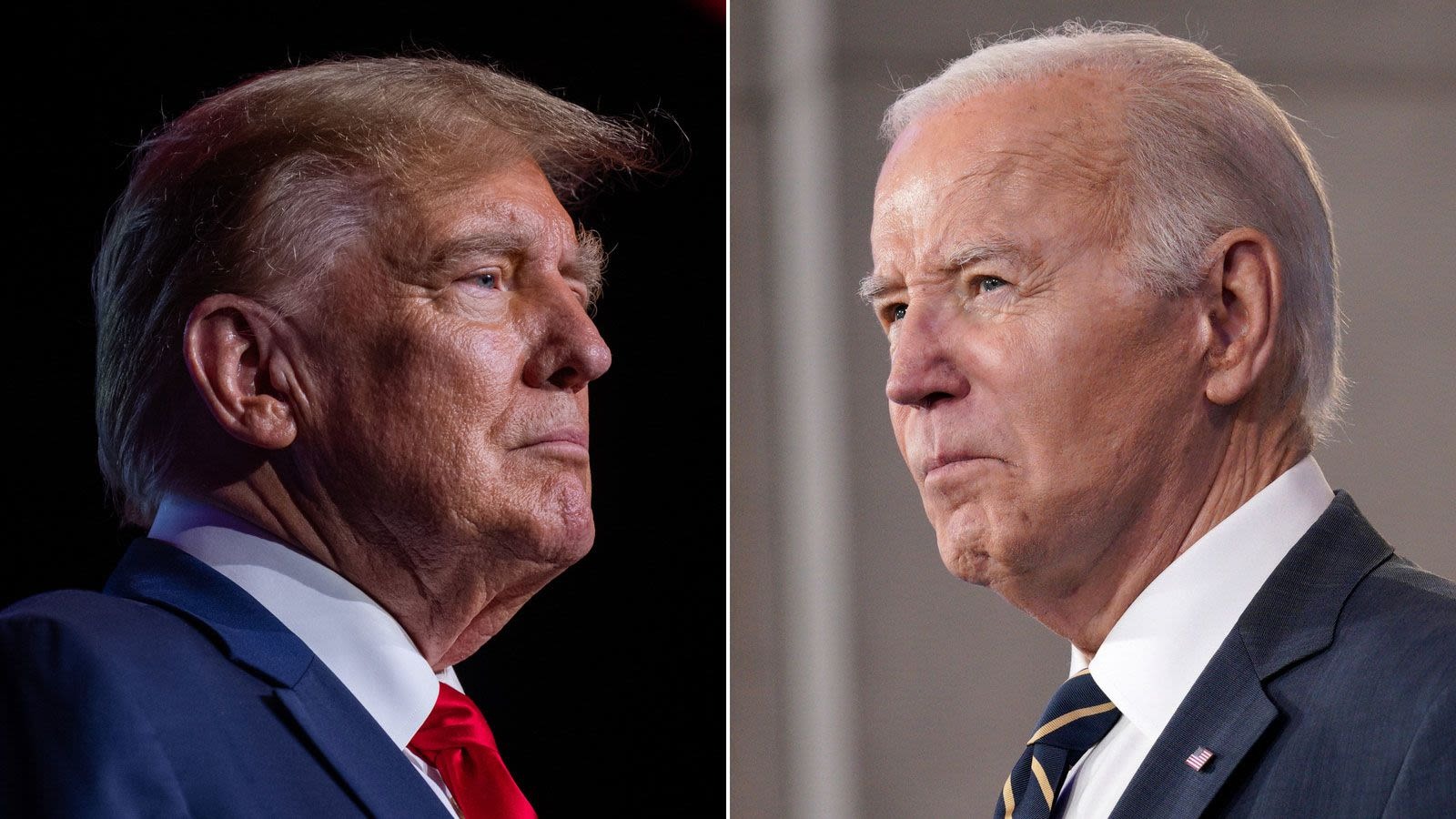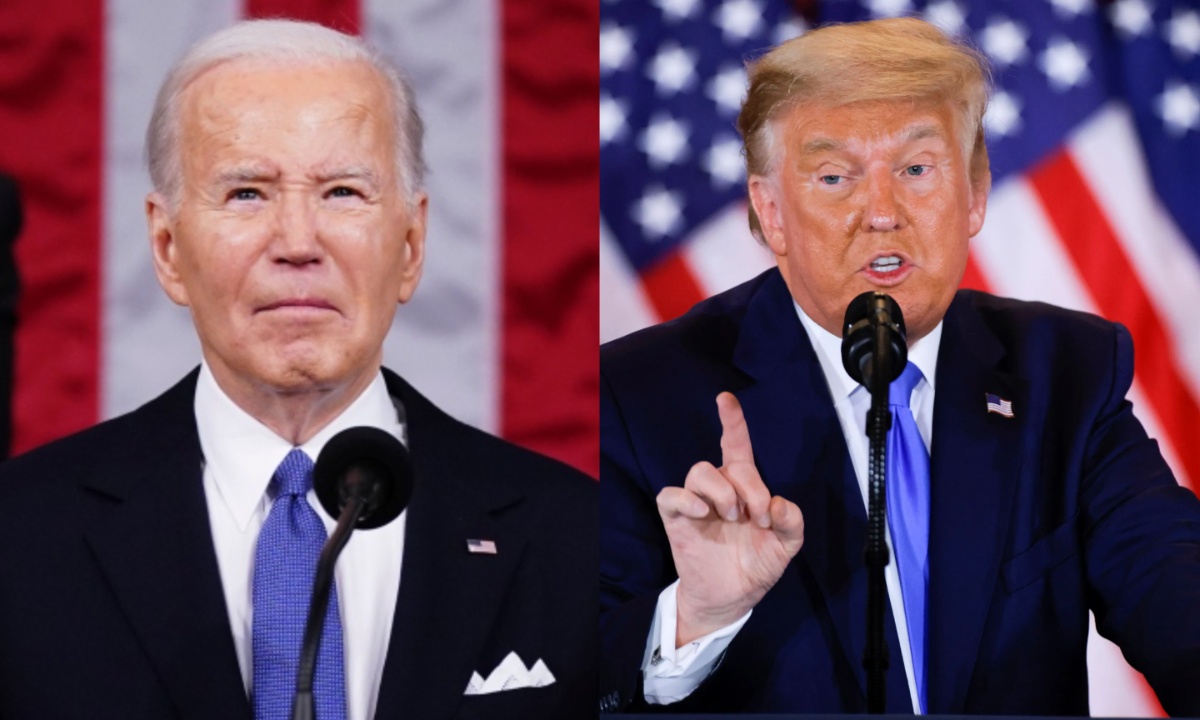The latest NPR/PBS NewsHour/Marist poll offers a revealing look in to the contrasting perspectives of Democrats and Republicans on the future of America and the values they prioritize in teaching children.
Democrats place a strong emphasis on imparting values such as empathy, respect, and the importance of education to children. The “Golden Rule,” which teaches treating others as you would want to be treated, emerges as a central tenet in their educational priorities.
This reflects a focus on fostering inclusive and compassionate attitudes among future generations. Additionally, Democrats express deep concerns about the rise of extremism and fascism, viewing these as serious threats to the country’s democratic principles and social cohesion.

Conversely, Republicans prioritize instilling religious faith, the virtues of hard work and discipline, and adherence to traditional moral values in children.
For them, the “Golden Rule” also holds sway, but it is accompanied by a strong emphasis on religious teachings and personal responsibility. Their primary worries center around the perceived erosion of societal values and national strength, reflecting apprehensions about cultural decline and weakening national identity.
These divergent viewpoints underscore the deep ideological divisions that characterize contemporary American politics. While Democrats advocate for progressivism, inclusivity, and social justice, Republicans champion conservatism, traditionalism, and national pride.
The contrasting visions of America’s future and the values deemed essential for the next generation highlight the ongoing struggle between these two ideological camps.

The survey sheds light on shifting voter sentiments and attitudes towards political figures, with implications for future electoral dynamics. As the nation grapples with complex challenges ranging from political polarization to social unrest, understanding these differences is crucial for crossing the path forward.
The NPR/PBS NewsHour/Marist poll provides valuable insights into the contrasting worldviews of Democrats and Republicans regarding the future direction of the country and the values they deem essential for the next generation.
These findings underscore the enduring ideological divide in American society and its profound impact on political discourse and decision-making.


